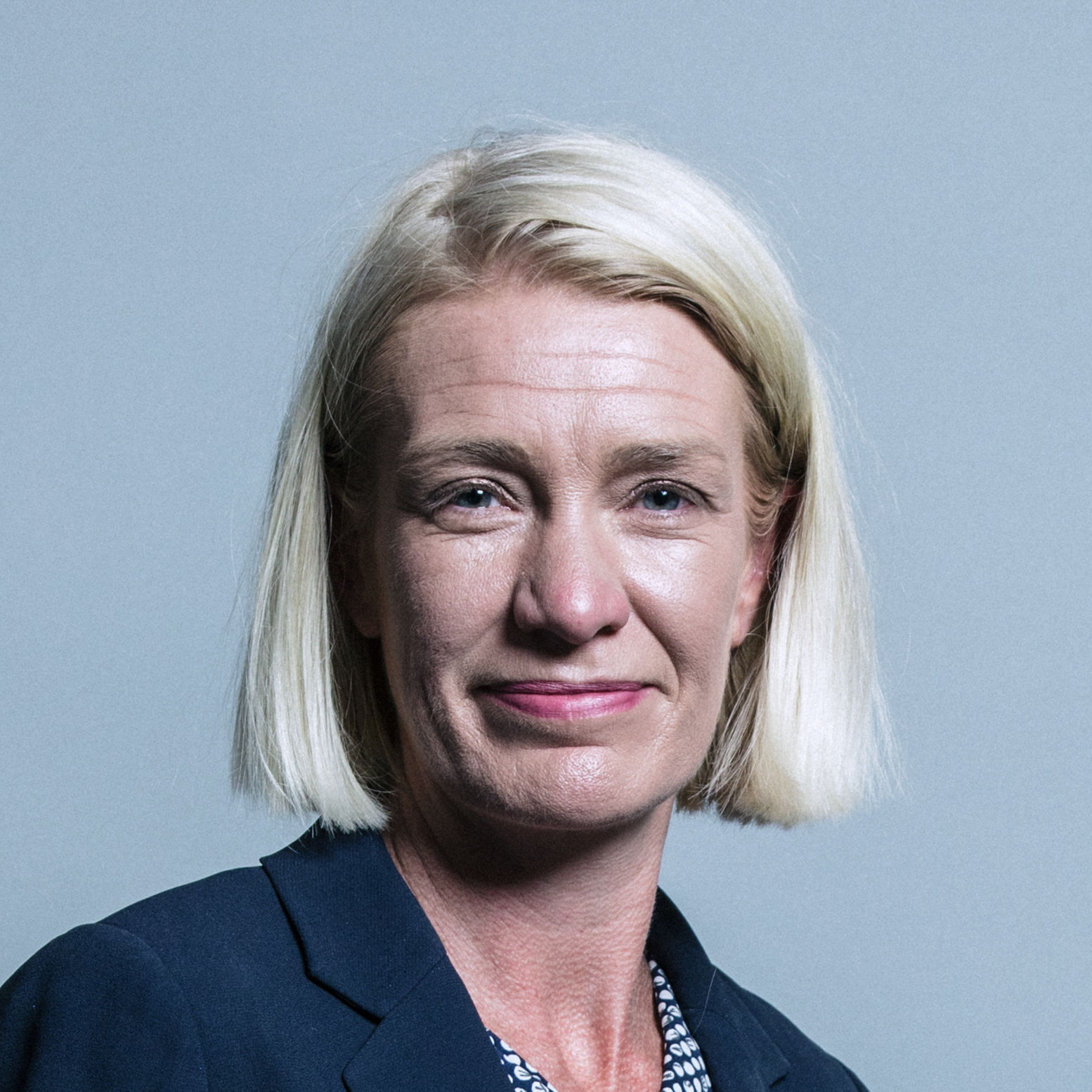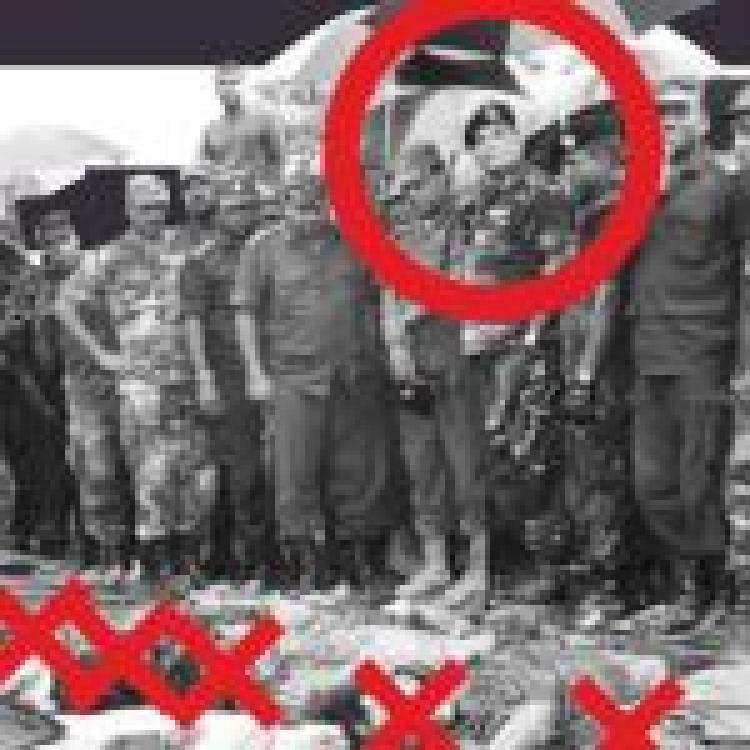
Responding to a question posed by MP for Mitcham and Morden, Siobhain McDonagh, on the need for sanctions on Shavendra Silva, Amanda Milling, Minister of State for Asia, remained tight-lipped insisting that the government does "not normally speculate about future sanctions targets, as to do so could reduce their impact”.
Milling's further added that the UK government "regularly engages with the US and other partners on issues relating to Sri Lanka".
The government's response has garnered criticism from opposition MPs who decried Britain's failure to sanction a single member of the Sri Lankan government or military implicated in war crimes. Shadow Minister for South Asia, Stephen Kinnock decried this failure as a moral failing.
Across political parties in the UK, there are increasing calls to sanction Shavendra Silva who led Sri Lanka's notorious 58 Division during the final stages of the armed conflict. The army division stands accused of a litany of human rights abuses including summary executions; the shelling of hospital and food lines; the white phosphorus against civilians; rape and sexual violence; and enforced disappearances.
Read the full parliamentary exchange here.
McDonagh has repeatedly questioned the government's failure to impose and has asked, "what more evidence does the Foreign Secretary need" and to follow the US's lead.
#timetosanction #lka generals says .?@Siobhain_Mc? in uk parliament - design by ?@T_E_M_P_L_O? pic.twitter.com/GyboJ9koNr
— ITJP (@itjpsl) January 25, 2022



